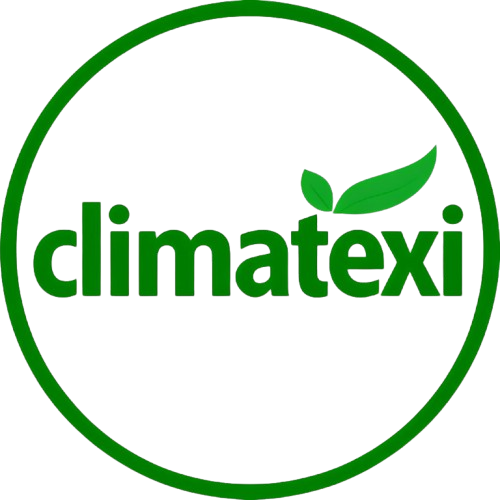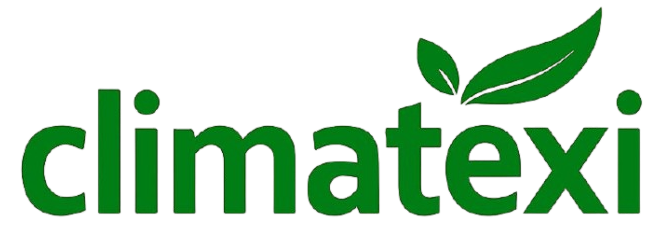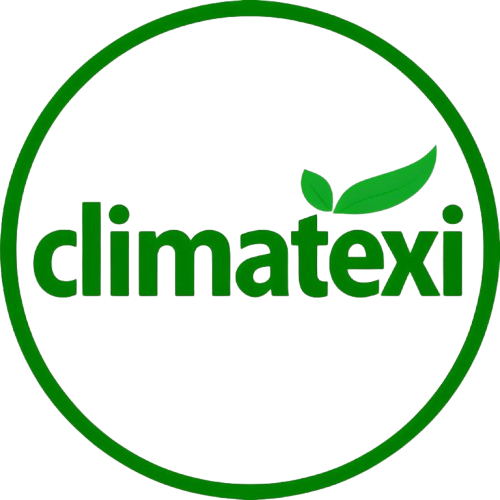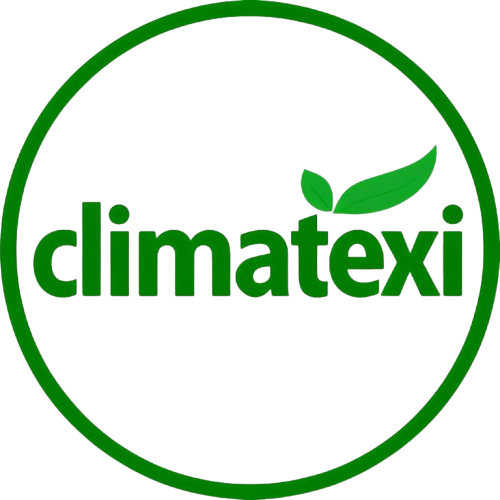Glass Industry Energy Efficiency Market Witnessing Significant Growth Driven by Sustainability Initiatives
The global Glass Industry Energy Efficiency Market is experiencing rapid growth as manufacturers prioritize energy-saving solutions to reduce operational costs and carbon footprints. Innovations in energy-efficient technologies, coupled with stringent environmental regulations, are accelerating the adoption of energy optimization measures in glass production processes worldwide.
Rising energy costs and the global push towards sustainable manufacturing practices are among the primary drivers for market expansion. Energy efficiency in the glass industry not only lowers production expenses but also contributes to environmental conservation, positioning manufacturers to meet international energy standards effectively.
Market dynamics indicate that increased awareness of climate change and resource management is compelling glass manufacturers to invest in energy-efficient systems. Additionally, the integration of advanced heating, cooling, and recycling technologies is enhancing production efficiency while minimizing energy consumption.
Request a Sample Report: https://researchintelo.com/request-sample/9954
The market faces certain restraints that could moderate its growth. High initial capital investment for energy-efficient systems, coupled with the complexity of retrofitting older plants, poses challenges for smaller manufacturers. Furthermore, inconsistent policy frameworks across regions may hinder uniform adoption of energy efficiency measures.
Despite these challenges, the market offers substantial opportunities. Emerging economies with expanding construction and automotive sectors are increasingly adopting glass products, driving demand for energy-efficient manufacturing processes. Moreover, advancements in smart glass technology, which inherently requires energy optimization, are opening new avenues for growth.
Regional analysis highlights North America and Europe as mature markets due to strict environmental regulations and early adoption of energy-efficient technologies. Meanwhile, Asia-Pacific presents significant growth potential, propelled by rapid industrialization, urbanization, and government incentives for energy conservation in manufacturing.
View Full Report: https://researchintelo.com/report/glass-industry-energy-efficiency-market
Key trends in the market include:
-
Adoption of waste heat recovery systems to improve furnace efficiency.
-
Integration of renewable energy sources, such as solar and biomass, to power production units.
-
Deployment of energy management software for real-time monitoring and optimization of plant operations.
-
Use of advanced insulation and low-emissivity coatings to reduce thermal energy loss during production.
Market research indicates that energy consumption in glass manufacturing accounts for a significant portion of operational costs, often up to 25% of total expenses. Therefore, any improvement in energy efficiency directly impacts profitability, making it a strategic focus for manufacturers globally.
The global Glass Industry Energy Efficiency Market is projected to grow at a CAGR of approximately 6.5% from 2025 to 2035. Factors contributing to this growth include technological advancements, government subsidies for energy-efficient equipment, and increasing global demand for high-quality glass products in construction, automotive, and electronics sectors.
Enquire Before Buying: https://researchintelo.com/request-for-customization/9954
Advances in furnace design and heat recovery technologies are central to energy efficiency improvements. Modern regenerative and recuperative furnaces reduce fuel consumption substantially, while innovative batch preheating techniques lower the energy required per ton of glass produced. These technologies are critical to achieving sustainability targets while maintaining production throughput.
Investments in digital monitoring and control systems are reshaping operational strategies in glass plants. Smart sensors and AI-driven analytics enable manufacturers to detect energy inefficiencies, predict maintenance needs, and optimize resource allocation. This approach reduces wastage and enhances overall energy management.
Sustainability certification programs, such as LEED and ISO 50001, are increasingly influencing procurement decisions. Glass manufacturers that comply with energy efficiency standards are better positioned to access environmentally conscious markets, further boosting the demand for energy-saving solutions in the industry.
Check Out the Report: https://researchintelo.com/checkout/9954
The market landscape also benefits from government initiatives aimed at reducing industrial carbon emissions. Financial incentives, tax credits, and regulatory mandates encourage manufacturers to adopt energy-efficient equipment and retrofit existing facilities. This governmental push is instrumental in accelerating the market’s adoption rate across various regions.
Technological innovation is another driving factor, particularly in developing countries where glass production demand is surging. Automated furnace control, energy-efficient melting technologies, and advanced insulation systems are increasingly being adopted to minimize energy consumption while maintaining high production standards.
Furthermore, environmental awareness among consumers and stakeholders has led manufacturers to prioritize sustainability in their operations. Corporate social responsibility initiatives now emphasize energy conservation, making efficiency investments both a regulatory requirement and a brand-strengthening strategy.





